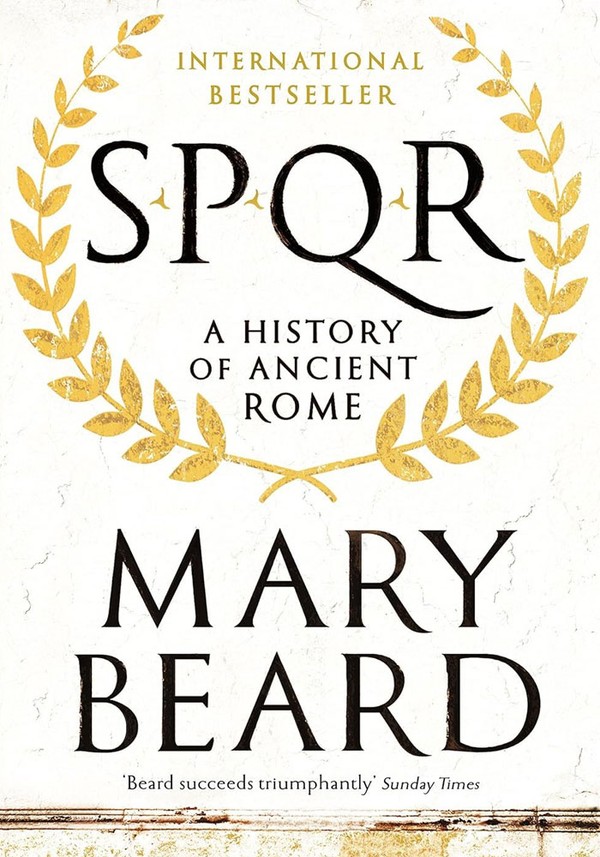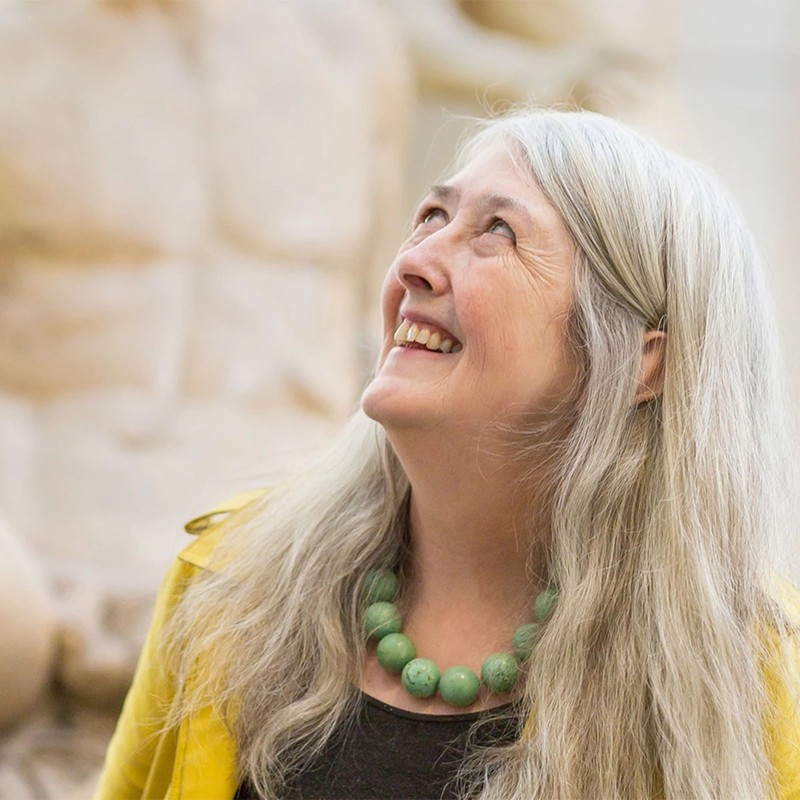
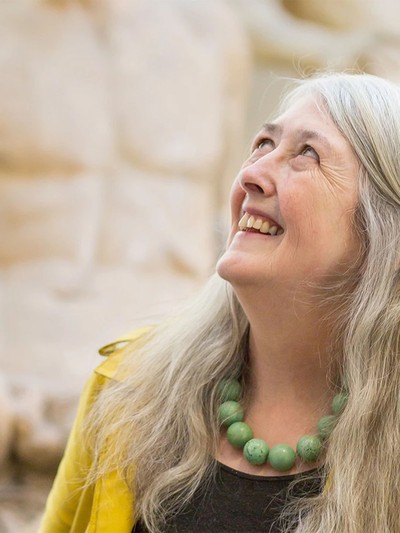
The Gold Edition Meets: Dame Mary Beard
I grew up in Shropshire. At first, we lived in the depths of the countryside where my mother was a village school mistress, then later we moved to the 'big city' of Shrewsbury. I can remember exactly when my interest in the ancient world was sparked. It was when I was five, on my first visit to London. We visited the British Museum and in the 'ancient Egyptian everyday life' gallery, I was desperate to see a tiny piece of carbonised Egyptian cake, which was said to be 3,000 years old. The trouble was the case was too high for me (museums weren't child-friendly back then), and I couldn't really see. But as if by magic, a man walked past, saw me struggling and asked what I wanted to see. I explained and he must have been a curator because straight away he felt in his pocket and got out his keys to open the case and lift the cake out in front of my eyes. That was it for me: the case opening moment. Creating that same feeling is what I have tried to do for other people ever since.
From there, I never looked back. As I grew up, I became more interested in archaeology and went on digs around Roman Britain. The actual physical contact with the past has always been exciting for me. But at the same time, I was studying Latin and Greek at school. It all came together and I went to Cambridge to read classics. Then, in a rather boring way, I continued to do a PhD, got a job teaching classic at King's College London and went back to a job in Cambridge. Put like that it sounds a bit effortless, but I promise you that it wasn’t! To be honest, I didn't have much of a profile for years. I was struggling with two small children, managing the job and trying to keep my research more or less on track. I don’t think I had much of a profile until I was in my 40s. Then in my 50s, I wrote my book on Pompeii and that was the basis of a television programme. That meant a profile of a different sort. People imagine that I made it early but, actually, I was a late starter.
People often say I must love Rome and the Romans. But I really don't! Rome was a pretty dreadful place in many ways and no one would want to be a woman there. If I could go back there for a day, I would want to make sure I had a guaranteed return ticket! However, I do think Rome is supremely interesting. The city of Rome had a population of a million (bigger than any city in the west until Victorian London) and it faced many of the problems of managing life in a big metropolis... just like us. How do you ensure citizens' rights? How do you feed the poor? And so on. Besides, the Romans have bequeathed to us many of the terms and arguments we still use in politics: questions of civil liberty ('libertas'), problems and critiques of empire ('imperium'). It is easy to imagine that the Romans were blind enthusiastic imperialists. Some were, but some were acute critics of empire.
SPQR: A History of Ancient Rome took years to write. I was drawing on several decades of teaching Roman history to students in Cambridge, but I still had to think hard about how exactly to put it over to a general audience without dumbing it down. And there were some bits that I had always missed out in my own work (for me one consequence of writing SPQR was that I realised how important the 4th century BCE was – marking the change from Rome as a bog-standard little town to Rome as a truly extraordinary place. I wrote the book mostly in my sitting room in a green comfy chair, with my laptop on my knees. I still go back to SPQR in my head whenever I sit in that chair. The book certainly made me better known, and more in demand, but there was no particular effect on my career as an academic. I was pleased to have opened up Roman history to a wider audience.
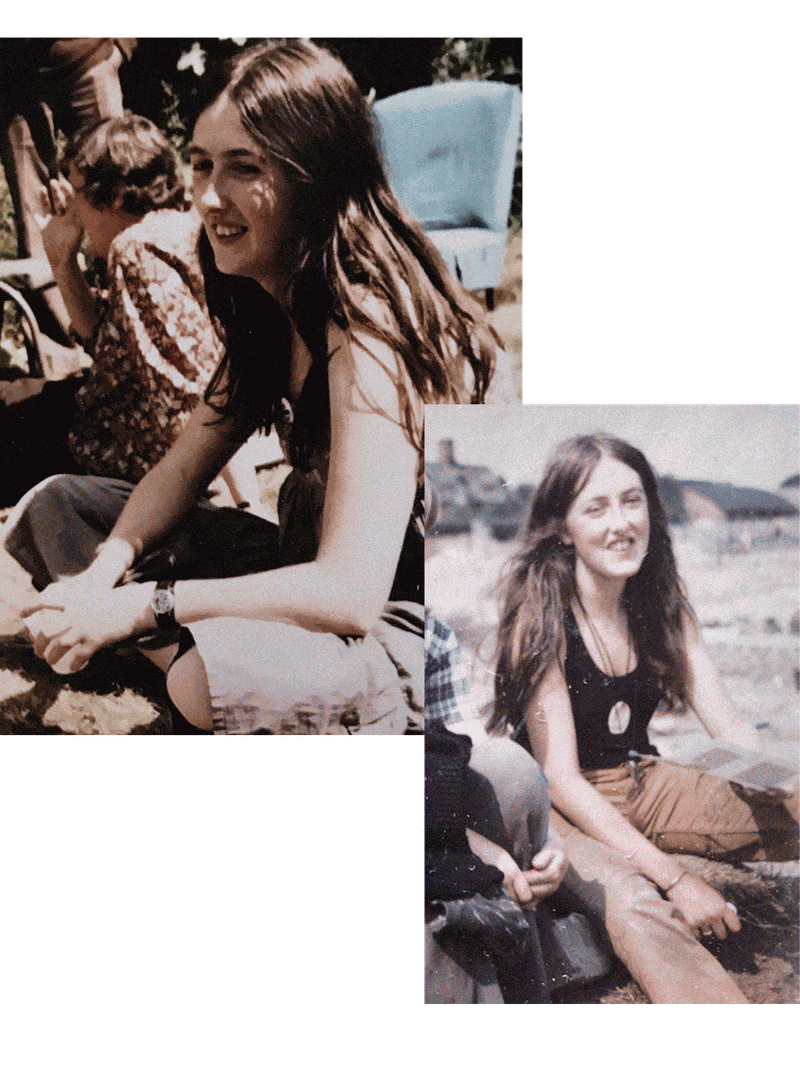
In my new book Emperor of Rome, I wanted to explore Roman emperors in a new way. There are any number of biographies of individual emperors (some of them excellent), but I think readers can be a bit put off by all the details of individual emperors (this war and that, this conspiracy, that coup). From my teaching, I realised there was a different way of approaching them that opened up the subject in a more interesting way. The emperor Marcus Aurelius in the 2nd century CE observed that his predecessors were more similar than they were different (“same play, different cast”, he said). I am following his lead and have tried to look not so much at the differences but at what the emperors had in common. They lived in the same palaces, did the same basic job according to the same basic job description, ate the same food, fought the same sorts of wars etc. The idea was to take a trip into the world of the Roman emperor without worrying too much if we could tell our Emperor Galbas from our Emperor Nervas. After all, most Romans couldn’t do that either.
My view on gender and power in antiquity have firmed up a lot over the years. I have always been a feminist (passed on by my mother), but it took me longer to see how important the ancient world is in understanding the roots of modern sexism and misogyny. I started my book Women & Power with a moment at the start of Homer's Odyssey. It is an encounter between the clever woman, Penelope (who is waiting for her husband Odysseus to come home from the Trojan War), and her wet-behind-the-ears teen-aged son, Telemachus. Penelope comes down from her apartment upstairs and asks a bard who is singing to choose a different song. Instantly Telemachus rebukes her: “Shut up mother,” he says, “speech is man's business. Go back upstairs.” And she does. It was, I reflected, the first example in western culture of a son telling his mother to shut up. Millions of other examples have followed. The point is that we haven’t invented sexism. We have inherited it.
People also say it must be very different working in television rather than teaching Cambridge undergraduates. Obviously, there are some differences (the TV audience isn't going to take an exam for a start). But, as Marcus Aurelius said about Roman emperors, they are more similar than they are different. I think you do viewers a disservice if you treat them as if they only want a very simplified version of history. I have learned huge amounts from my TV colleagues in how to express complicated arguments succinctly, and how to use locations and works of art to help make a point. That learning process has been fun. But it has also been fun (and a privilege) to be able to engage with an audience of millions, rather than a lecture room of a hundred.
Another career highlight has been the lecture series I did in the USA. A few years ago, I gave the Mellon Lectures in the National Gallery in Washington DC. I was hugely flattered to be asked, as they are technically 'art history' lectures, and I am not really an art historian. I used the series to talk about something I had always been curious about, but never had a chance to work on: that is, how later centuries, from the renaissance on, had chosen to represent Roman emperors (from old master paintings to contemporary cartoons of Nero fiddling while Rome burns). That itself was a really precious opportunity. But I shall never forget the office I had in the National Gallery, overlooking Capitol Hill. What a view! I kept thinking how pleased my parents would have been if they had known.
/https%3A%2F%2Fsw18.sheerluxe.com%2Fsites%2Fsheerluxe%2Ffiles%2Farticles%2F2023%2F10%2Fcredits-mary-beard-main.jpg?itok=qigbkDOP)
I’m regularly asked about my views on social media and, overall, I think it’s had a positive impact. We can communicate much more widely, learn new things and respond. I am really grateful when people tweet me to give their reactions (positive and negative) to programmes I have made or things I have written. Years ago, a few people might have written a letter, but only a very few. Now I find that through social media I am engaging with (and learning from) many readers and viewers. That is not to say it’s perfect. There is something very unpleasant about social media outrage and pile-ins (of which I have been a victim, but not as badly as many). And it has not encouraged complexity of argument about topics where complexity is sorely needed. The 'shoutiness' of it is something I hope we will all grow out of.
I have been very lucky to get a lot of recognition when, to be honest, I am only one of many people who are doing great work in supporting classics and spreading the message of how valuable it is. But most of those are working out of the limelight and so get less recognition. Whenever I get an award, I always try to say that I am accepting it on behalf of all us supporting classics (and on behalf of the Romans too, for that matter). Every award means a lot to me. I couldn't single one out.
One of the most interesting things I have ever worked on is Roman laughter. This was for another series of lectures that I did in the US. I was specifically looking for a subject that pushed at the boundaries of conventional ancient history. Laughter is a really challenging topic, because it seems so universal. It is one of the things that humans have in common and separates them from other species (there is a bit of a debate about whether rats laugh, but otherwise it is humans only). Yet, at the same time, every human culture laughs differently at different things, with different meaning attached to it (I have never really managed to laugh as the French do, for example). So, I spent a really enjoyable couple of years trying to pin down what was distinctive about Roman laughter. It came out in a book, which I hope was interesting – but, as with most books on laughter, not very funny!
Next up, I have a TV documentary coming out on the Roman emperor for BBC2 and a radio series for BBC Radio 4 and BBC Sounds which explores six historical characters from ancient Rome of very different types (from an ex-slave on Hadrian’s Wall to a middle manager in Roman Egypt). Then I am having a much-deserved rest!
Emperor of Rome by Mary Beard is published by Profile. Buy your copy here.
Shop Mary's Books Below
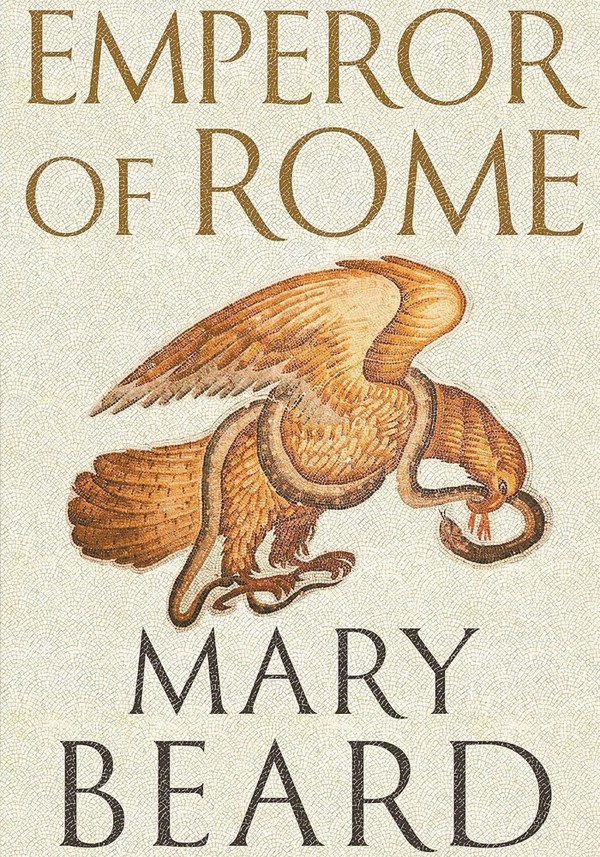
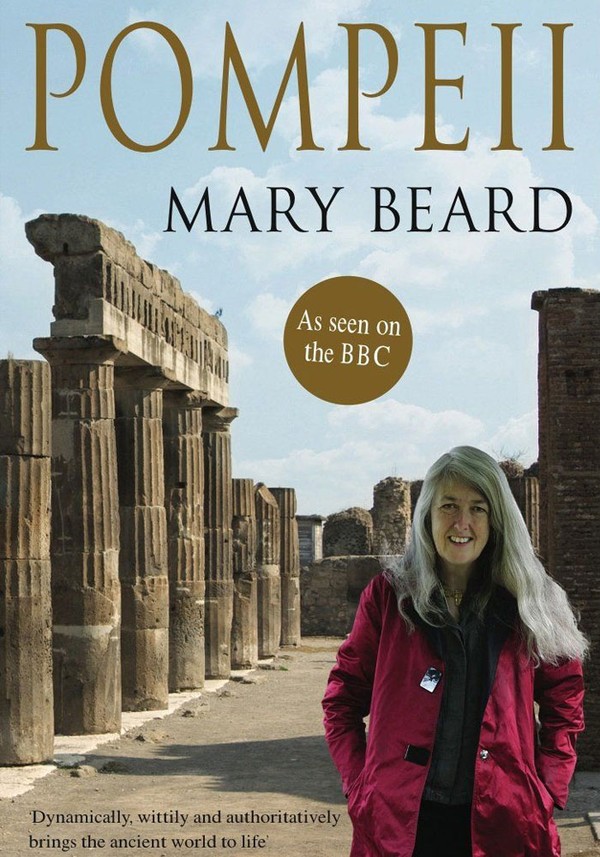
DISCLAIMER: We endeavour to always credit the correct original source of every image we use. If you think a credit may be incorrect, please contact us at info@sheerluxe.com.
